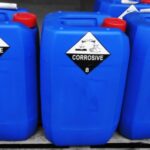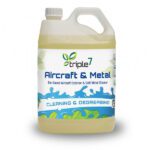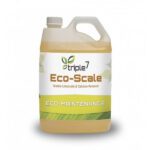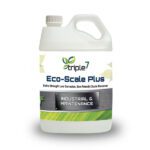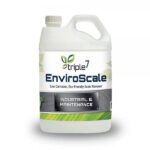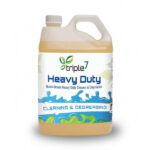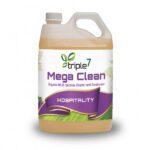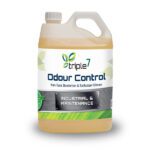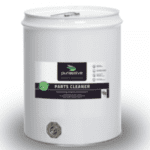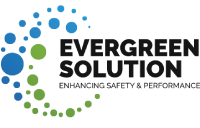Greenwashing is a term used to describe the practice of making false or misleading claims about a product or service’s environmental benefits. This can take many forms, such as claiming that a product is “green” or “eco-friendly” when it is not, or exaggerating the environmental benefits of a product. Greenwashing is a growing problem, as more and more companies are trying to capitalize on the growing demand for environmentally friendly products.
One of the main issues with greenwashing is that it can be difficult for consumers to distinguish between genuine environmentally friendly products and those that are simply being marketed as such. This is particularly true for products that may have some environmental benefits, but are not as environmentally friendly as they are made out to be. For example, a product that is made from recycled materials may be marketed as “green,” but if it is not biodegradable or made from sustainable materials, it may not be as environmentally friendly as it is made out to be.
The best way to avoid greenwashing is to do your research before making a purchase. This can include looking for third-party certifications, such as those from organizations like the Forest Stewardship Council, that verify that a product is truly environmentally friendly. Additionally, you can look for products that have been independently tested and verified by organizations like the Environmental Protection Agency (EPA) or the Green Seal.
Another way to avoid greenwashing is to look for products that are made from natural and sustainable materials. For example, a product that is made from organic cotton or bamboo is likely to be more environmentally friendly than one made from synthetic materials. Additionally, you should look for products that are made in an environmentally responsible way, such as those that are produced using renewable energy or that have been certified as carbon-neutral.

Greenwashing can also be avoided by looking for products that have been developed using a life-cycle assessment (LCA) approach. LCA is a methodology that evaluates the environmental impact of a product, service, or system throughout its entire lifecycle, from the extraction of raw materials to the disposal of the end product. Products that are developed using LCA are likely to be more environmentally friendly than those that are not.
In conclusion, Greenwashing is a profitable business when a client has not understood what a really environmentally friendly product is and is not aware of the ways to check for its authenticity. The only way is for a scientific study, such as third-party certifications, independent testing, or LCA. As a consumer, it is important to be informed and to do your research before making a purchase to ensure that you are buying truly environmentally friendly products





